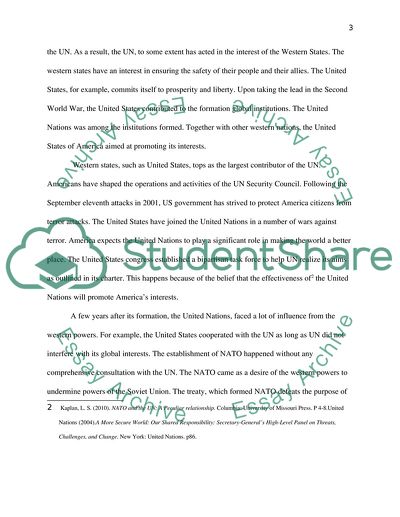Cite this document
(Who Really Governs the United Nations Essay Example | Topics and Well Written Essays - 2500 words, n.d.)
Who Really Governs the United Nations Essay Example | Topics and Well Written Essays - 2500 words. Retrieved from https://studentshare.org/politics/1767481-who-governs-the-united-nations
Who Really Governs the United Nations Essay Example | Topics and Well Written Essays - 2500 words. Retrieved from https://studentshare.org/politics/1767481-who-governs-the-united-nations
(Who Really Governs the United Nations Essay Example | Topics and Well Written Essays - 2500 Words)
Who Really Governs the United Nations Essay Example | Topics and Well Written Essays - 2500 Words. https://studentshare.org/politics/1767481-who-governs-the-united-nations.
Who Really Governs the United Nations Essay Example | Topics and Well Written Essays - 2500 Words. https://studentshare.org/politics/1767481-who-governs-the-united-nations.
“Who Really Governs the United Nations Essay Example | Topics and Well Written Essays - 2500 Words”, n.d. https://studentshare.org/politics/1767481-who-governs-the-united-nations.


